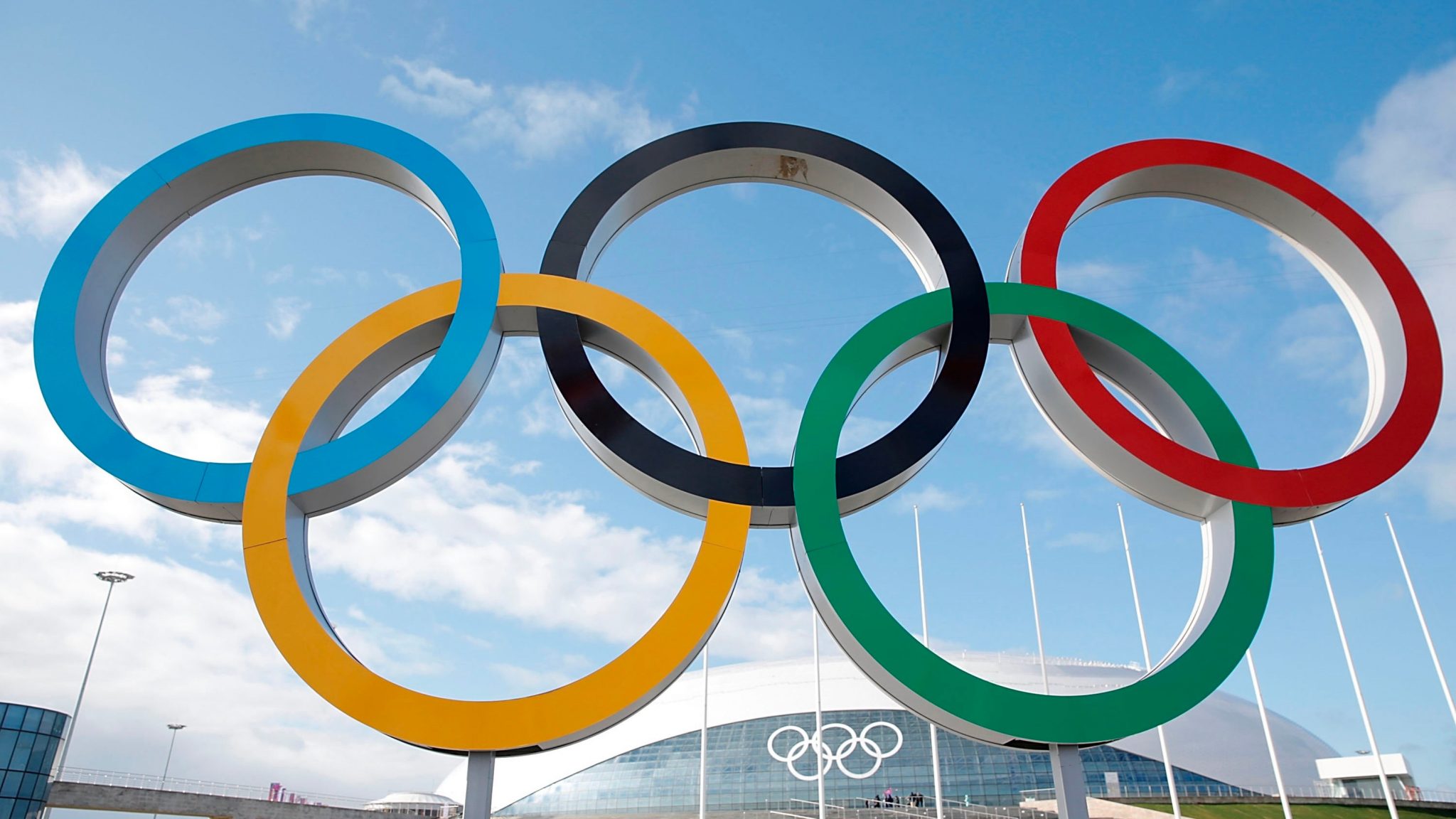Controversy Surrounding France's Ban on Headscarves at 2024 Paris Summer Olympics
UN Condemnation:
The French government's decision to prohibit athletes representing France from wearing headscarves during the 2024 Olympic Games in Paris has faced strong criticism from the United Nations. The UN human rights office spokesperson emphasized that no one should dictate what a woman should wear or not wear.
Human Rights Standards:
According to international human rights standards, restrictions on religious expressions, such as attire choices, are only acceptable under specific circumstances related to public safety, order, health, or morals, in a necessary and proportionate manner.
Outrage over Secularism:
France's Minister of Sport, Amélie Oudéa-Castéra, sparked outrage with her comments about the country's commitment to secularism and resistance to the wearing of religious symbols during athletic events. This further intensified the controversy surrounding the ban.
Olympic Committee's Response:
The International Olympic Committee has declared that athletes are permitted to wear hijabs in the athletes' village during the 2024 Olympic Games in Paris. They have also engaged in discussions with the French Olympic Committee (CNOSF) to better understand France's position.
Previous Controversial Decisions:
France has a history of implementing contentious measures. Recently, the abaya, a garment worn by some Muslim women, was prohibited in public schools, leading to the expulsion of several students. These actions have frequently put France at odds with the UN human rights committee.
Discrimination Concerns:
Last year, the human rights committee criticized France for discriminating against a Muslim woman by denying her enrollment in vocational training at a public school due to her headscarf. The committee deemed this decision as a gender and religious-based act of discrimination.
Conclusion:
France's ban on headscarves at the 2024 Paris Summer Olympics has sparked international debate, with the UN condemning the decision and highlighting the importance of respecting religious freedom. The controversy surrounding this issue adds to previous instances where France's secular policies have clashed with human rights standards, raising concerns about discrimination and freedom of expression.


